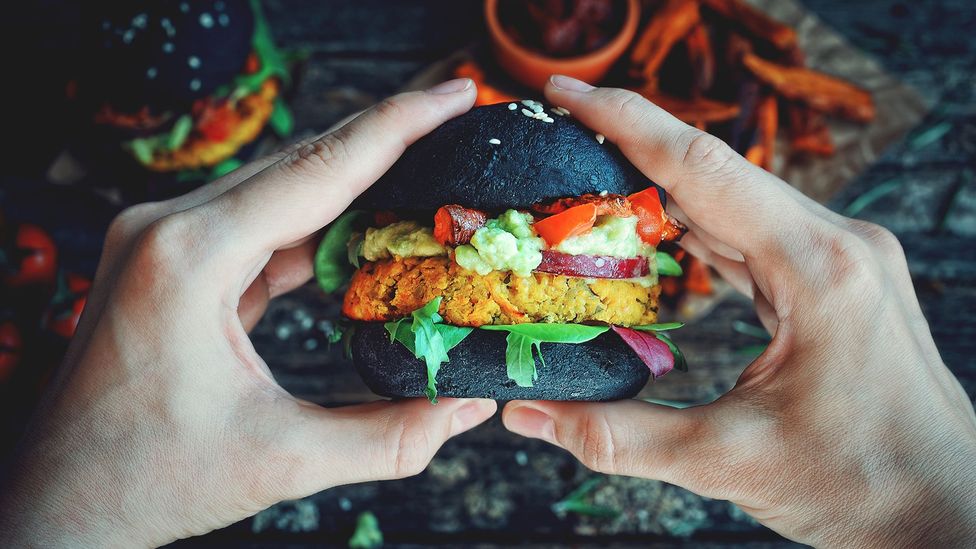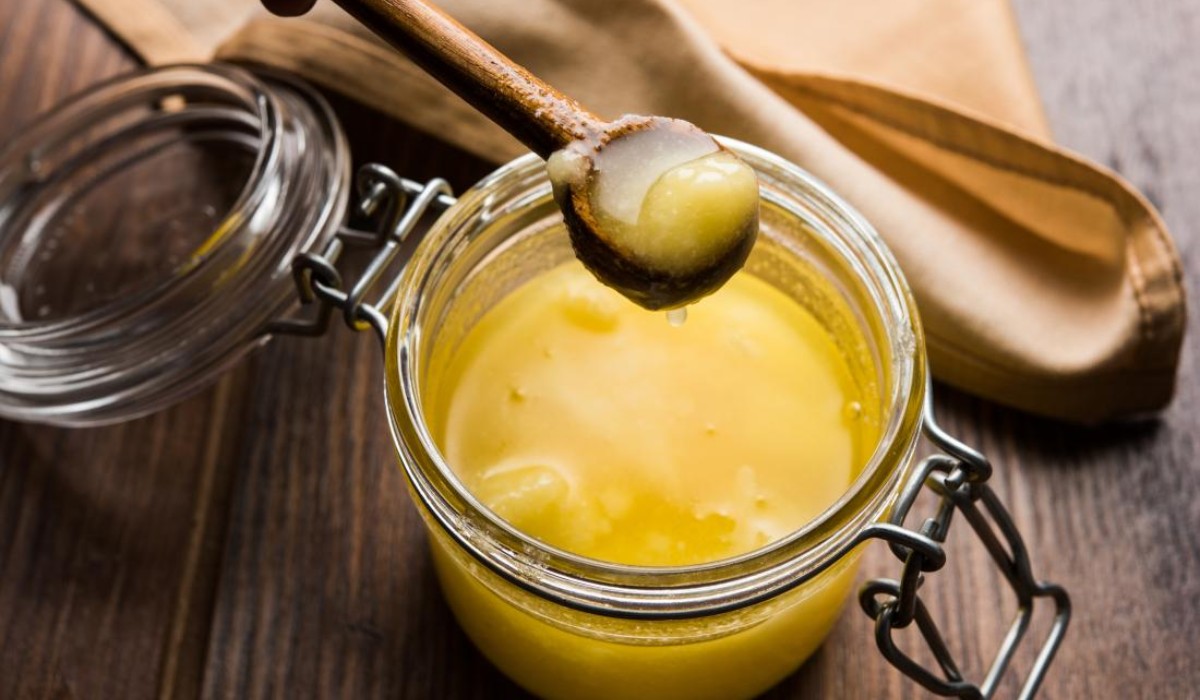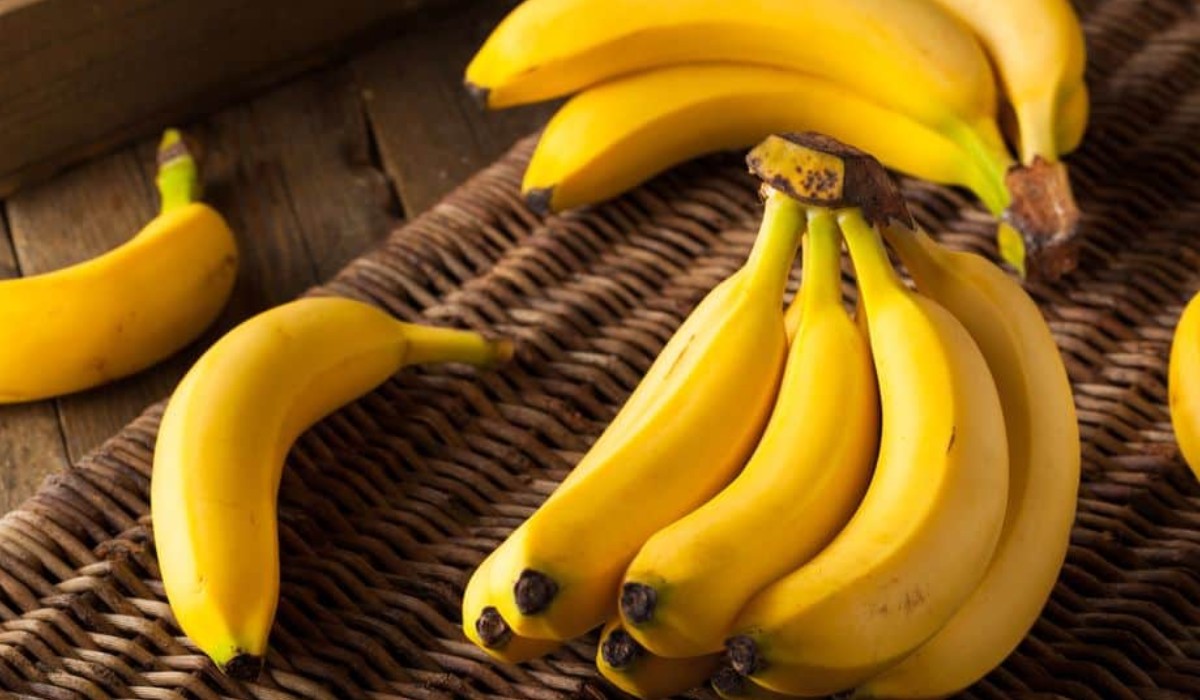You may want to reconsider a plant-based diet if your motivation is health.
Some plant-based foods are high in calories and sodium content. Plant-based meats are often high in sodium, ultra-processed and not any healthier than the meat they imitate. Meanwhile, nearly half of the consumers think they are more nutritious. So if your resolution is related to health, you may want to reconsider switching to a vegan diet.
The Impossible Burger, for example, is an impressive meat-free mix of soy, potato proteins, coconut and sunflower oils. It even bleeds like the real thing. At the same time its calorie count and saturated fat levels mirror a McDonald’s quarter-pounder, and it has six times more sodium.
The Future of Plant-Based Meats
 Up until this point, plant-based meat companies focused on the taste, texture and appearance of its products. These companies targeted meat eaters by creating plant-based marvels meant to look, taste and feel like the real thing.
Up until this point, plant-based meat companies focused on the taste, texture and appearance of its products. These companies targeted meat eaters by creating plant-based marvels meant to look, taste and feel like the real thing.
With a booming market and new animal-free proteins made from cells in a lab or fungi in fermentation tanks, the options are endless. Can they be adapted to be healthier as well? We’ll have to wait and see.
The Term “Plant-Based”
“People opt for a plant-based burger for a variety of reasons,” says Rosie Schwartz, a Toronto-based consulting dietitian, “including reducing meat intake.” But she argues that consumers should rethink their reasoning if it’s because of health.
To substitute something plant-based as a substitute is really steering us in the wrong direction.
According to nutrition scientists and Canada’s Food Guide, plant-based is the recommended way we should be eating. Fill half your plate with vegetables and fruits, and the other half with whole grains and proteins.
But “plant-based” also refers to anything from meat to paint to pillowcases, as long as they were made mostly or completely of plants.












